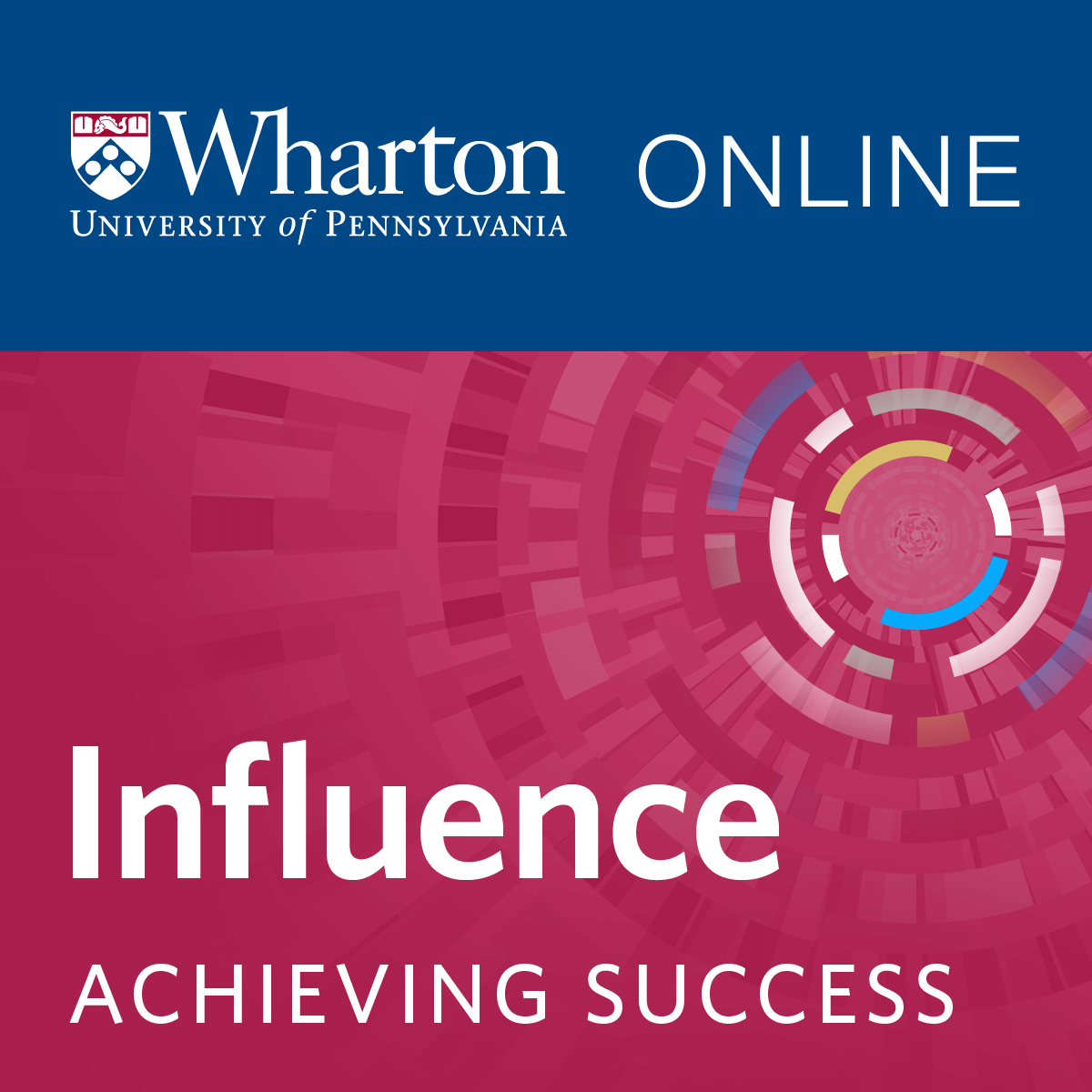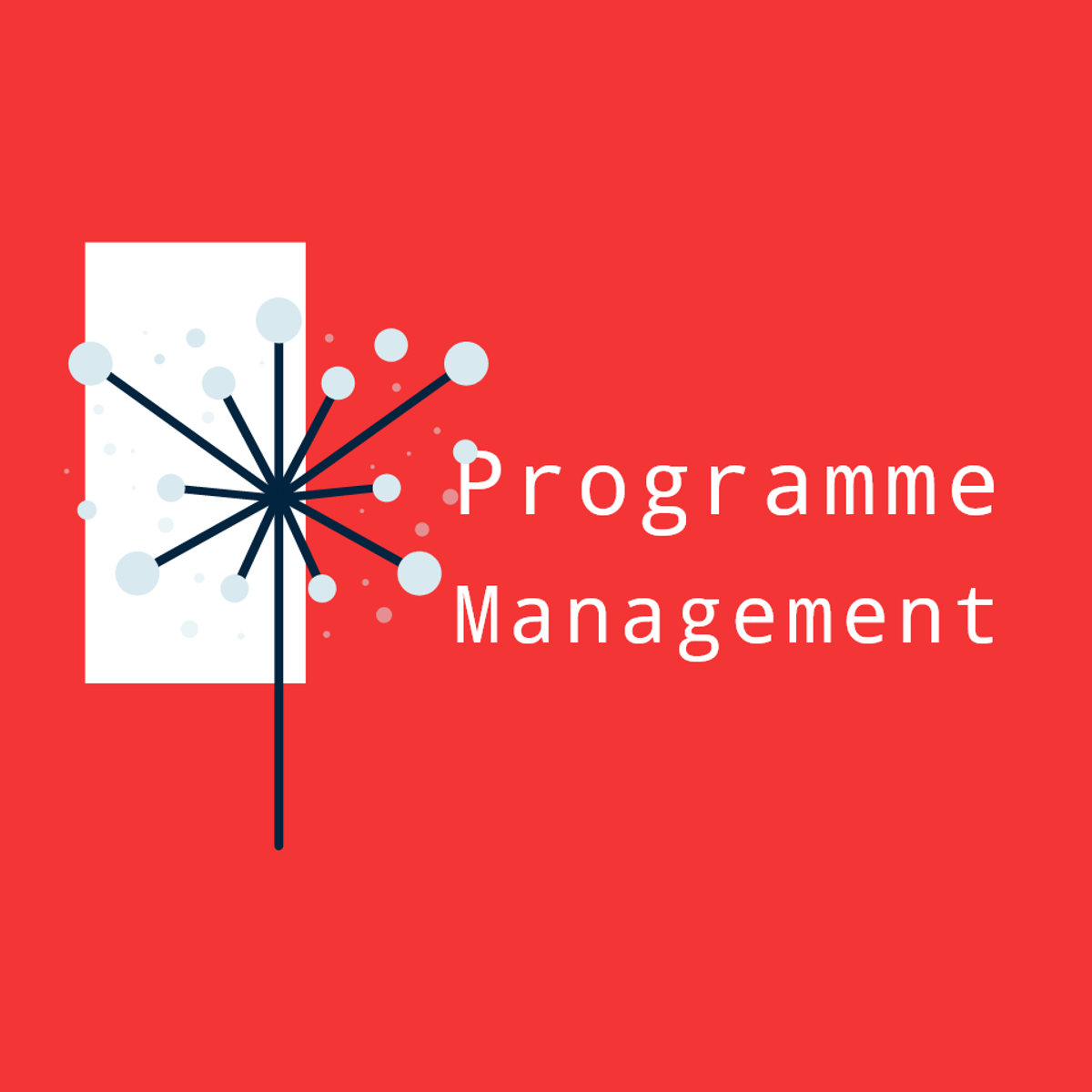Back to Courses









Leadership And Management Courses - Page 32
Showing results 311-320 of 600

Influence
What does it mean to be influential? How does one persuade others to pursue a unified goal? How does one leverage power? In this course, you’ll learn how to develop influence and to become more effective in achieving your organizational goals. Professor Cade Massey of the Wharton School has designed this course to help you understand the framework of power and influence and the dynamics of effective networks, and shows you how to develop your skills of persuasion and leverage. By the end of this course, you’ll know your own strengths and how to use them to get what you need, how to gain power and influence, and how to leverage relationships and alliances to achieve your goals in both business and in life.

Create Training Videos with Powtoon
Powtoon is a free cloud platform that allows the user to design animated presentations to better engage and educate their desired audience. In this course, we will design an attractive and educational animated training video. Adding animation to your presentation through movement of text and graphics creates a more dynamic and eye catching experience for your viewer. Powtoon can help you design an effective presentation where your information is displayed in an organized and well-timed fashion. Animation allows you to present material in a fun, visually enhanced way which can improve audience engagement and add emphasis to key ideas and concepts. Powtoon provides a number of free presentation options that can get you well on your way to becoming a better animator and video designer.
Note: This course works best for learners who are based in the North America region. We’re currently working on providing the same experience in other regions.

FinTech and the Transformation in Financial Services
The FinTech revolution is rapidly transforming the financial industry. The use of digital technologies is the norm, and together with regulatory and market changes it is creating a revolution. After completion of the module, you'll be able to: describe the changes that influence the financial sector, understand the complexity of the payment infrastructure, identify and explain the key payment instruments and how they function, understand the types of money that exits, and recognize changes in the regulatory frameworks and how they inhibit or promote innovation.
To begin, I recommend taking a few minutes to explore the course site. A good place to start is the navigation bar on the left. Click Course Content to see what material we’ll cover each week, as well preview the assignments you’ll need to complete to pass the course. Click Discussions to see forums where you can discuss the course material with fellow students taking the class. Be sure to introduce yourself to everyone in the Meet and Greet forum!
This course should take about four weeks to complete. You can check out the recommended course schedule below to see a quick overview of the lessons and assignments you’ll complete each week.
By the time you finish this course, you’ll have mastered mastered the transformational forces of digitalization and the new competitive dynamics it gives rise to, learned from leading financial companies and seen inspirational examples from the digital masters.
Good luck as you get started. I look forward to seeing you in class!

Agile Project Management
The goal of this third course in the Project Management Specialization examines the philosophy and process of managing projects using Agile project management. Students in this course will learn the Agile philosophy and process including the Scrum framework, sprints, and user stories. Upon completion of this course, you will be able to distinguish between predictive and agile project management methodologies and understand the benefits of delivering value early in an engineering project.
This course can be taken for academic credit as part of CU Boulder’s Master of Engineering in Engineering Management (ME-EM) degree offered on the Coursera platform. The ME-EM is designed to help engineers, scientists, and technical professionals move into leadership and management roles in the engineering and technical sectors. With performance-based admissions and no application process, the ME-EM is ideal for individuals with a broad range of undergraduate education and/or professional experience. Learn more about the ME-EM program at https://www.coursera.org/degrees/me-engineering-management-boulder.
Logo image courtesy of Alex Lion, available on Unsplash at https://unsplash.com/photos/qOvxHjOrx4k
Sustainable Innovation for Subsistence Marketplaces
This course focuses on understanding subsistence marketplaces and designing business solutions for the billions of people living in poverty in the global marketplace. To develop understanding of these markets, we use exercises to that enable learners to view the world from the eyes of subsistence consumers and entrepreneurs, facilitate bottom‐up understanding generated by participants, and provide insights from extensive research. More broadly, the course uses the context of extreme resource constraints to learn about the bottom-up approach pioneered through the Subsistence Marketplaces Initiative and apply it in broadly. A parallel project will focus on understanding a specific need in a subsistence marketplace, and designing a solution and an enterprise plan for implementation.
You will be able to:
• Develop an understanding of subsistence marketplaces
• Design solutions for subsistence marketplaces
• Develop enterprise plans to implement solutions for subsistence marketplaces
• Apply the bottom-up approach for subsistence marketplaces and other contexts
This course is part of Gies College of Business’ suite of online programs, including the iMBA and iMSM. Learn more about admission into these programs and explore how your Coursera work can be leveraged if accepted into a degree program at https://degrees.giesbusiness.illinois.edu/idegrees/.

Introduction to Agile Development and Scrum
After successfully completing this course, you will be able to embrace the Agile concepts of adaptive planning, iterative development, and continuous improvement - resulting in early deliveries and value to customers. This course will benefit anyone who wants to get started with working the Agile way. It is particularly suitable for IT practitioners such as software developers, development managers, project managers, product managers, and executives.
You will learn to apply Agile practices derived from lean manufacturing concepts, like test-driven development. Learn how a scrum team functions. Learn how to write good user stories and track your team’s progress using a kanban board. Create and refine a product backlog collaboratively with the team and the customer, in a flexible and blameless culture.
This approach will lead you to higher levels of efficiency, with the ability to plan and execute sprints with your development team, measuring success with actionable metrics.
This course is about more than facts and processes. It is about working collaboratively on a self-organizing team, coached by a scrum master, and building what is needed, rather than simply following a plan.
Developed and taught by an experienced Agile practitioner, the course includes hands-on practice through realistic scenario-based labs using GitHub and ZenHub.

Developing a Programme Management Blueprint with ClickUp
By the end of this guided project, you will be fluent in creating Programme Management blueprint for diverse projects and disciplines. You will utilise a logical diagramming plan in an agile environment to develop the solution. This will enable you to identify and classify the required phases for programmes and the functionality of domains involved in such complex process. Furthermore, it will help develop a structural model for learning about the field of Programme Management.
This is essential for individuals wanting to learn about the field, or looking to transition into working in Programme Management. This guided project is designed to engage and harness your visionary and exploratory abilities. You will use proven models in an agile environment with ClickUp to engage in a hands-on learning experience.

Using Advanced SWOT Analysis to Determine Competitiveness
By the end of this guided project, you will be able to use the Advanced SWOT analysis framework to determine your competitiveness. The advanced SWOT analysis was developed to address the limitations inherent in the simple SWOT framework. In a simple SWOT, strengths and weaknesses or opportunities and threats are equal to each other. Because of the limitations of the SWOT analysis, it was only considered to be a reference to further analysis. However, the Advance SWOT analysis is a much more robust framework that enables prioritization of factors. Without prioritization, some factors might be given too much or too little emphasis and the most relevant factors might simply be overlooked. As a result, the Advanced SWOT analysis provides a deeper insight in strategic decision-making
For us to practically demonstrate how to use the framework to conduct analysis and make strategic decisions, we will use a spreadsheet to analyze an energy services company as a case study. Example of the case study would empower you with the skillset to use the framework to analyze your company or any other venture of your choice. The project is for strategist, business leader, and entrepreneurs that want to determine the competitiveness of their companies given the internal and external environments
Value Chain Management Capstone
The capstone for the Value Chain Management specialization will provide a learning experience that examines how the various segments of a business integrate to create a value chain. The capstone involves an in-depth analysis of an actual business situation. The final deliverable consists of a plan based on a comprehensive analysis of how accounting, marketing, and operations work together to create a value chain. The plan will propose how value creation in organizations and supply chains can be enhanced using the concepts and frameworks learned in the three courses.
This course is part of the iMBA offered by the University of Illinois, a flexible, fully-accredited online MBA at an incredibly competitive price. For more information, please see the Resource page in this course and onlinemba.illinois.edu.

Sales Force Management
The second course in the Sales Operations/Management Specialization, Sales Force Management covers various aspects of hiring and personnel administration. Students will learn about job design and recruitment processes, tools of recruitment, the role of training in sales force development, and motivating salespeople to perform the tasks critical to an organization's success.
Popular Internships and Jobs by Categories
Browse
© 2024 BoostGrad | All rights reserved


